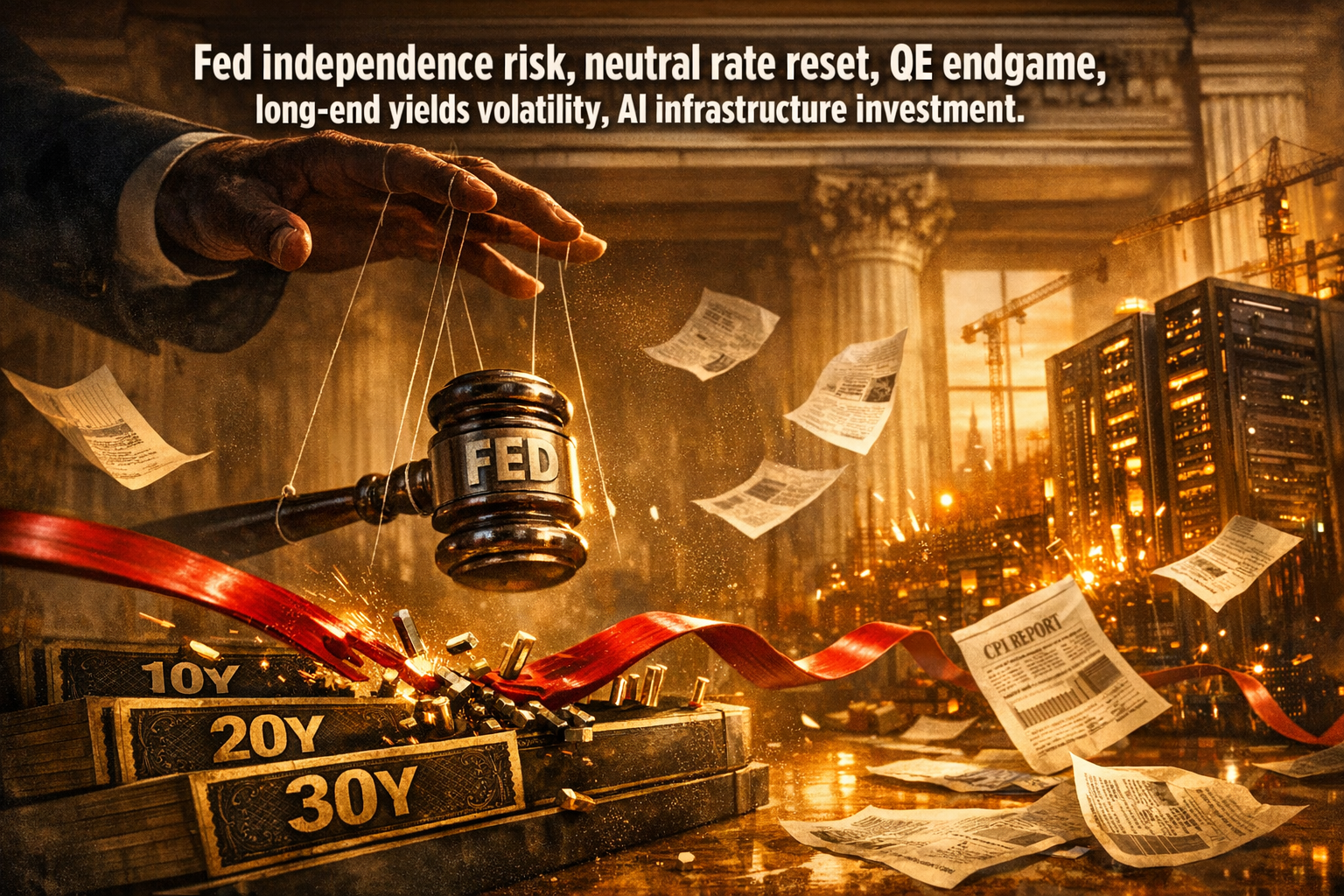- Koreanization of the U.S. Stock Market
An executive-level figure at Arcadia Asset Management, a U.S. asset management firm with a long history, argued in a June 2024 article that the U.S. stock market is mimicking the characteristics of the Korean stock market.
The article uses the new term ‘Korea Pie’ to refer to the phenomenon of Koreanization, explaining that U.S. investors are exhibiting investment patterns similar to those of Korea’s theme stocks.
- Korea Pie and the Concept of Theme Stocks
The article points out that the concept that U.S. investors call ‘meme stocks’ develops into ‘theme stocks’ in Korea.
Theme stocks refer to stocks traded based on specific rumors or events for short-term profits, regardless of fundamental value.
The article specifically highlights the characteristics of theme stocks that have appeared in the Korean stock market for years, warning that similar phenomena are occurring in the U.S. as well.
- Three Prominent Characteristics of Korean Theme Stocks
3.1 Market Nihilism
Most theme stocks are formed based on a lack of solid fundamentals or incorrect assumptions.
As a result, a nihilistic phenomenon occurs where even rising stock prices eventually lose their fundamental reasons for existing.
3.2 Political Theme Stocks
The phenomenon of stocks linked to candidates rising sharply in the short term during election periods is repeated.
For example, in 2007, construction stocks related to candidate Lee Myung-bak rose an average of over 7,750% before the election, then plummeted after he was elected.
As such, when a specific candidate runs, related stocks show unreasonable gains, and the pattern of declining after the election is repeated.
3.3 Unique Culture of Individual Investors
Korean individual investors enjoy gambling-like investment methods and form a subculture that mixes populist hostility toward short selling with conspiratorial beliefs.
They mainly jump on the rising bandwagon for short-term profits and define price volatility as an attractive investment opportunity.
In particular, they tend to overestimate the impact of celebrity names or rumors on stock prices.
- Political Theme Stock Examples and Market Distortion
Examples include construction stocks related to candidate Lee Myung-bak in 2007 and the surge in the stock price of a semiconductor testing equipment manufacturer due to the ‘Psy effect’.
In the case of the Psy effect, the stock price of the related company rose by up to 700% due to Psy’s popularity, without reflecting the actual value of the company.
In addition, in 2016, the stock price of an LCD component manufacturer related to candidate Ban Ki-moon also surged due to rumors and later returned to its previous levels.
- Future of the U.S. Market and Warnings
According to an analysis by a U.S. asset management expert, the phenomenon currently occurring in the U.S. market has not yet fully transitioned to the Korean model, but in the future, meme stocks may account for a significant portion of the market.
The expert is concerned that dozens of stocks could be associated with each presidential candidate as political themes, and policy changes such as a ban on short selling could occur.
However, fortunately, this Koreanization phenomenon has not yet fully spread in the U.S., so investors need careful analysis and judgment.
- Short Selling Regulations and Individual Investors’ Reactions
In Korea, some individual investors perceive short selling as ‘manipulation’ or an ‘unfair stage’ and voice strong opposition.
There was a case where a temporary short selling ban was implemented in November 2023, and there is a possibility that this movement will continue in the future.
As such, the fact that the voices and political demands of individual investors have a significant impact on the investment environment is another characteristic of the Korean market.
- Comprehensive Understanding and Conclusion
The phenomenon of the U.S. market becoming Koreanized is not a mere coincidence but suggests the possibility that the culture and patterns of specific investors are gradually permeating the U.S. as well.
However, the U.S. has not yet reached the stage of excessive theme stocks and politically driven stock price fluctuations like Korea.
Investors should conduct long-term analysis focusing on the fundamental value of companies and should be wary of market distortions caused by short-term rumors.
< Summary >
A veteran U.S. asset management expert raised concerns in a June 2024 article that the characteristics of Korean theme stocks are permeating the U.S. stock market.
Focusing on the three main characteristics of theme stocks (market nihilism, political theme stocks, and individual investor culture), the article explained the distorted investment patterns of the Korean stock market, citing past examples.
The article also warned that the U.S. market could be Koreanized by political factors and short selling regulations in the future, concluding that investors should make careful judgments and consider long-term value.
[More…]
Koreanization https://nextgeninsight.net/?s=%ED%95%9C%EA%B5%AD%ED%99%94
Theme Stocks https://nextgeninsight.net/?s=%ED%85%8C%EB%A7%88%EC%A3%BC
*YouTube Source: [내일은 투자왕 – 김단테]



